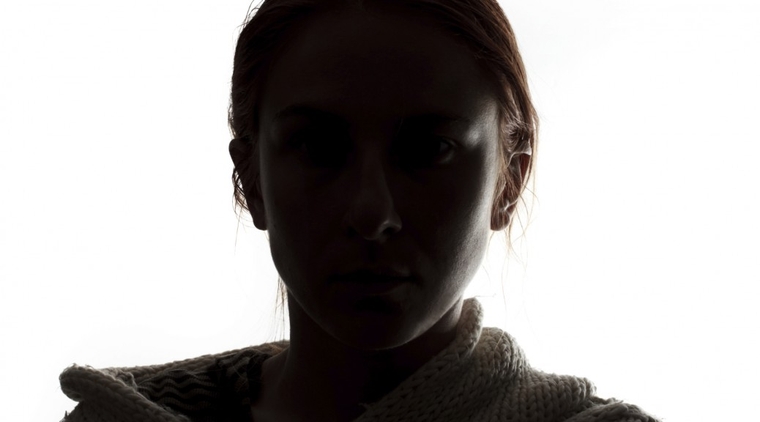Posted By: MMHA
2 minute read

I was very fortunate that I was able to get the support that I needed.
I felt great at the start of my first pregnancy. But at six to seven months I developed a liver problem and my blood pressure started to go up. I was put on tablets and believed, maybe naively, that everything was okay.
Then, during the birth of my daughter, I had an eclamptic seizure. I can remember the midwife pressing the red button, lots of shouting, the blue spinal board, and then waking up coughing, because of the tube in my throat.
“What I don’t remember are my first moments with my baby.”
One month after I gave birth, I started to have flashbacks and recurring dreams about the seizure. I told my community midwife which led to me being monitored through watchful waiting. I then lost sensation down my right side and felt breathless, which led to me being admitted to hospital one week before Christmas. I was now separated from my 10-week-old daughter, which meant her breastfeeding was abruptly stopped.
“It was the worst Christmas ever.”
In A&E and on the ward I felt terrified and very anxious, but I assumed everything would settle down once I got home. It didn’t. I had crippling anxiety; my chest felt tight; I felt shaky and vomited; I didn’t want to be left on my own; and I continued to have flashbacks. I just didn’t feel like me and all my confidence was gone. Eventually, during the Christmas holidays, I contacted my midwife for help. Thankfully, I was referred quickly to a specialist perinatal mental health community team clinical psychologist who diagnosed me with PTSD [post-traumatic stress disorder].
With the perinatal psychologist I started CBT [cognitive behavioural therapy], which involved doing mindfulness and breathing exercises, and using visualisation techniques. This helped me to rationalise my anxiety and break the cycle of negativity. It was the biggest part of my recovery, giving me back a sense of control.
Over time, my physical symptoms started to ease and the good days gradually increased. I then had a couple of appointments with my psychologist during my second pregnancy, which me helped a lot. But unfortunately, I did have another traumatic experience during the birth of my third child.
Once again, I turned to my perinatal psychologist for help. This time it was a lot easier to manage my symptoms because of what I’d learnt previously, and because I knew support was available.
“Sadly, though, I know my experience is the exception, not the norm.”
In 80% of Northern Ireland, women and their families cannot access specialist perinatal mental health services and we also don’t have a Mother and Baby Unit. I believe this must change, because I don’t know how I would have coped without the support I received.
If the content of this story causes you to think of anything that has happened to you or someone you know and you feel upset, worried or uncomfortable, please see our support page for a list of services who may be able to help.